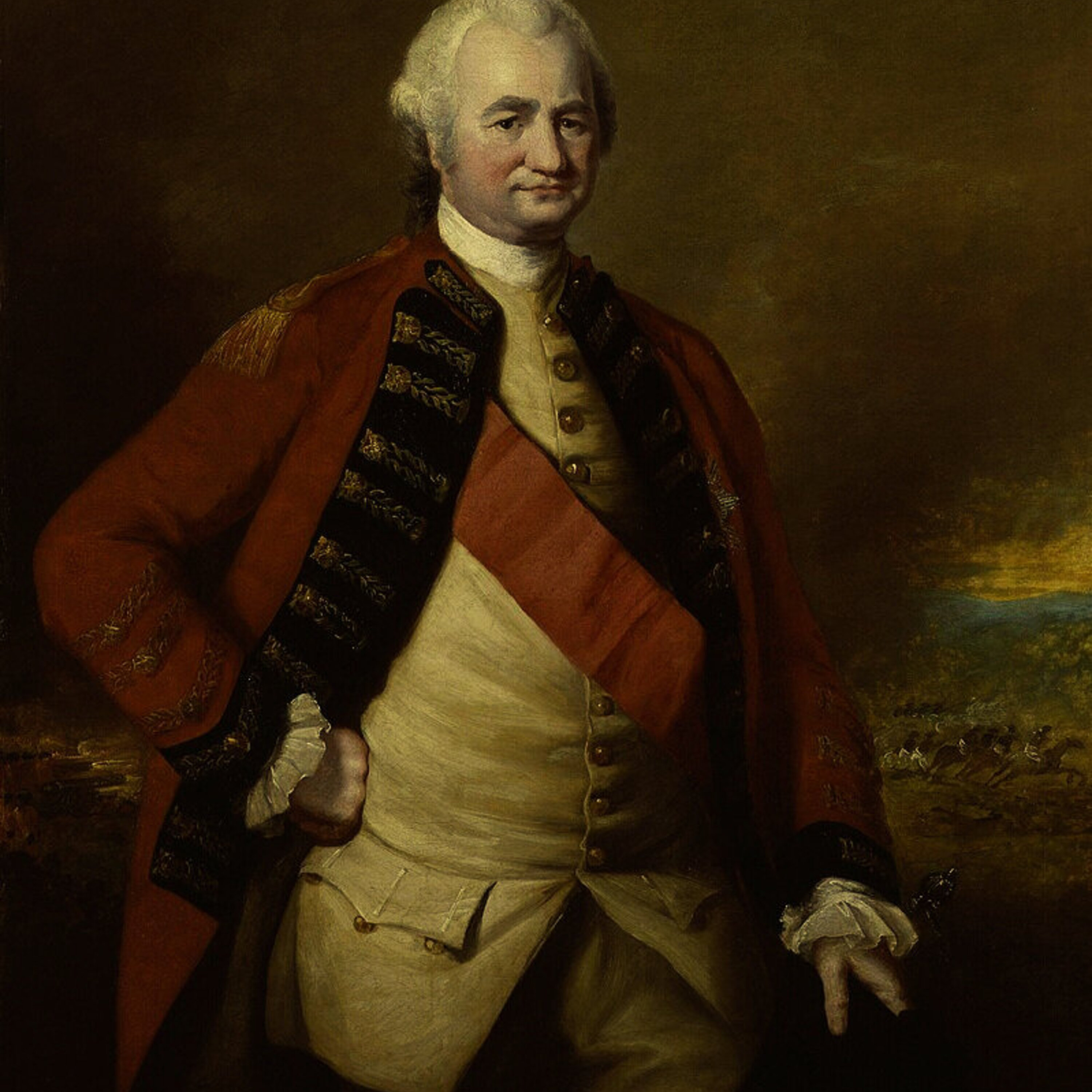- Culture
- SEE MORE
- classical
- general
- talk
- News
- Family
- Bürgerfunk
- pop
- Islam
- soul
- jazz
- Comedy
- humor
- wissenschaft
- opera
- baroque
- gesellschaft
- theater
- Local
- alternative
- electro
- rock
- rap
- lifestyle
- Music
- como
- RNE
- ballads
- greek
- Buddhism
- deportes
- christian
- Technology
- piano
- djs
- Dance
- dutch
- flamenco
- social
- hope
- christian rock
- academia
- afrique
- Business
- musique
- ελληνική-μουσική
- religion
- World radio
- Zarzuela
- travel
- World
- NFL
- media
- Art
- public
- Sports
- Gospel
- st.
- baptist
- Leisure
- Kids & Family
- musical
- club
- Health & Fitness
- True Crime
- Fiction
- children
- Society & Culture
- TV & Film
- gold
- kunst
- música
- gay
- Natural
- a
- francais
- bach
- economics
- kultur
- evangelical
- tech
- Opinion
- Government
- gaming
- College
- technik
- History
- Jesus
- Health
- movies
- radio
- services
- Church
- podcast
- Education
- international
- Transportation
- Other
- kids
- podcasts
- philadelphia
- Noticias
- love
- sport
- Salud
- film
- and
- 4chan
- Disco
- Stories
- fashion
- Arts
- interviews
- hardstyle
- entertainment
- humour
- medieval
- literature
- alma
- Cultura
- video
- TV
- Science
- en
092: Colonialism in India - Part 8: British East India Company Policies and Robert Clive

Note: Our friend Rupen Paul for The Right Room podcast helped us a lot in researching Robert Clive. So, go check out his podcast or find him on his socials here.
After the Battle of Plassey, the British East India Company under the leadership of Robert Clive realised that they can administer the Indian colony and expand their territories and improve their profits. This led to a series of new policies which resulted in many battles.
Battle of Buxar (23 June 1764)
Fought against the British under Major Hector Munro by Mir Qasim, Shuja-ud-Daulah of Avadh and Shah Alam II of Mughal
Mir Qasim fled the battlefield and later committed suicide
The Allies are defeated and Mir Jaffer is again crowned as the puppet Nawab
The company did not want to indulge in the administration of the country
They wanted to expand their settlements to improve the trade
They began involving in the affairs of the Princely States to achieve this objective
They began appointing Residents in all the Princely States to look after the relationship and trade between the company and the State
The company wanted to use political, economic and diplomatic methods to extend their influence
With the residents, the company decides who would be the successor and also who should be appointed in administrative posts in these Princely States
Robert Clive chose Warren Hastings as the British Resident for Bengal in 1758
Warren Hastings was one of the prisoners of Siraj-ud-Daulah during his campaign in Fort William
Robert Clive left India in 1760 amassing massive wealth
Clive returned to India in 1765 after the Battle of Buxar and was appointed the Governor of Bengal
After the death of Mir Jaffer in 1765, the tone of the company changed
Clive wrote a letter to the company chairman that they should become the nawab themselves
In the same year, the dual system of governance was introduced
Dual System of Bengal (1765-1772):
The East India Company set up a dual system of Diwan and Nizam
The Diwan was selected by the company for revenue collection for them and the Nizam to rule the region
The company basically took over the defence administration and left the nawab with the civil administration
This happened under the Mughal emperor, Shah Alam II who was forced to allow the company to collect taxes from Bengal, Bihar and Orissa
In return, the company paid an annual tribute to the Emperor
The revenue received from these regions were used to buy merchandise from India and the returns would go to England
Thus the company became economically self-sufficient in India - Thus began the British loot of India
The Regulating Act of 1773
The act brought the three provinces under one rule and established the governor-general of India
By 1772, the company acquired Bombay and Madras, too, as their presidencies
Warren Hastings (1773-1785) became the first Governor-General of Bengal in 1771 and the Governor-General of India in 1773
The Great Famine of 1770 (almost 10 million deaths) brought about a need to change the system in the colonies
The share prices of the company plummet and the British Government had to bail out the company
Hastings\u2019 Judicial Plan of 1772 created Faujdhari (criminal) and Diwani Adalat in the districts of Bengal, Bihar and Orissa
Each district had a district collector - he had the power of administrator, judge and magistrate
The Kazis and pandits translated the local laws to the officials
This created a fair justice system and it led to the present-day District Administrative System
It helped correct the defects and retain the local traditions of the courts and law in the regions
But it also this led to unsatisfactory judgements due to the bias of Kazis and pandits
In 1773, a Supreme Court was established in Fort William
It was set up due to the dilemma the British government was in due to the importance of the company but their need to stop corruption
Want for expansion
After Bombay and Madras presidency, the British wanted to ex
See omnystudio.com/listener for privacy information.